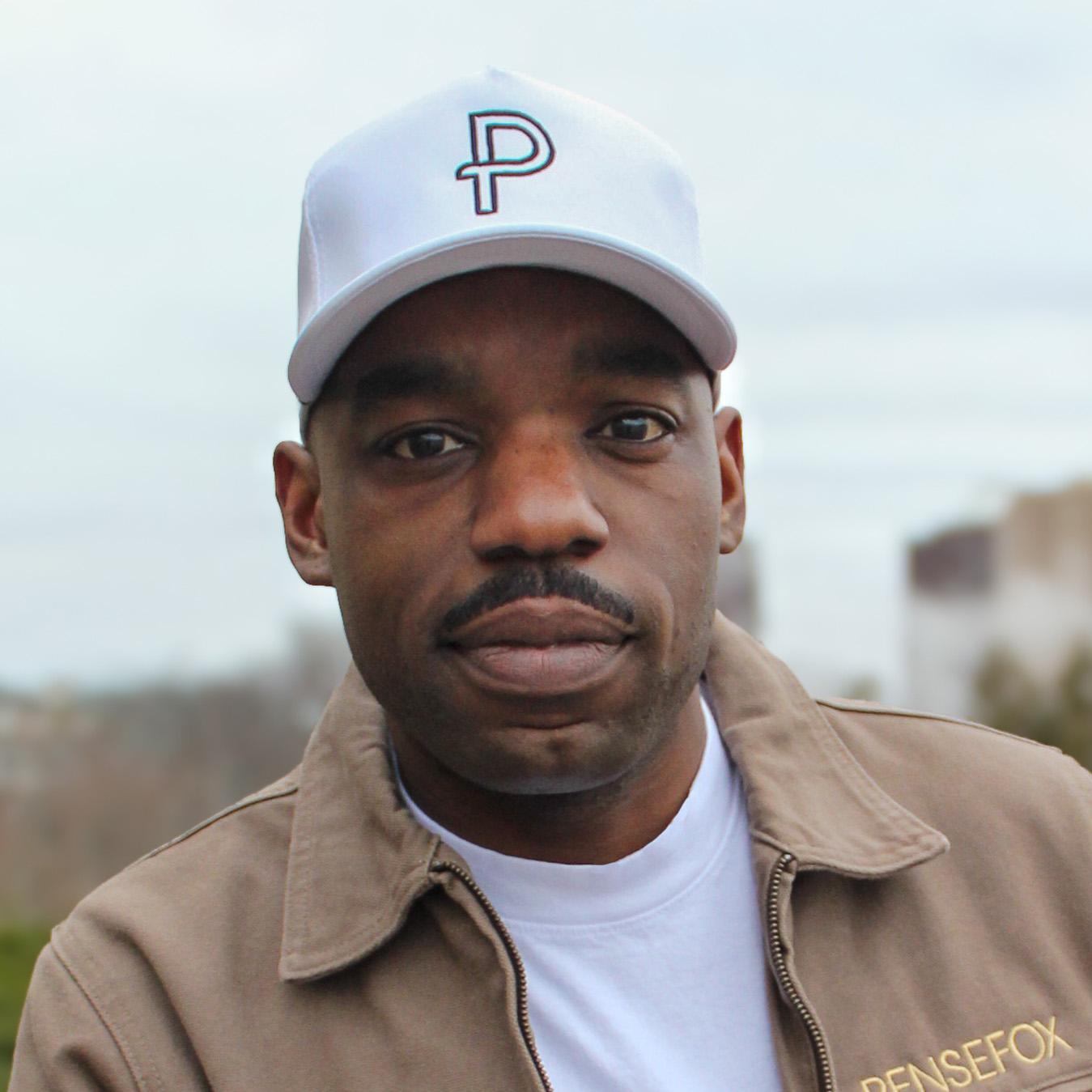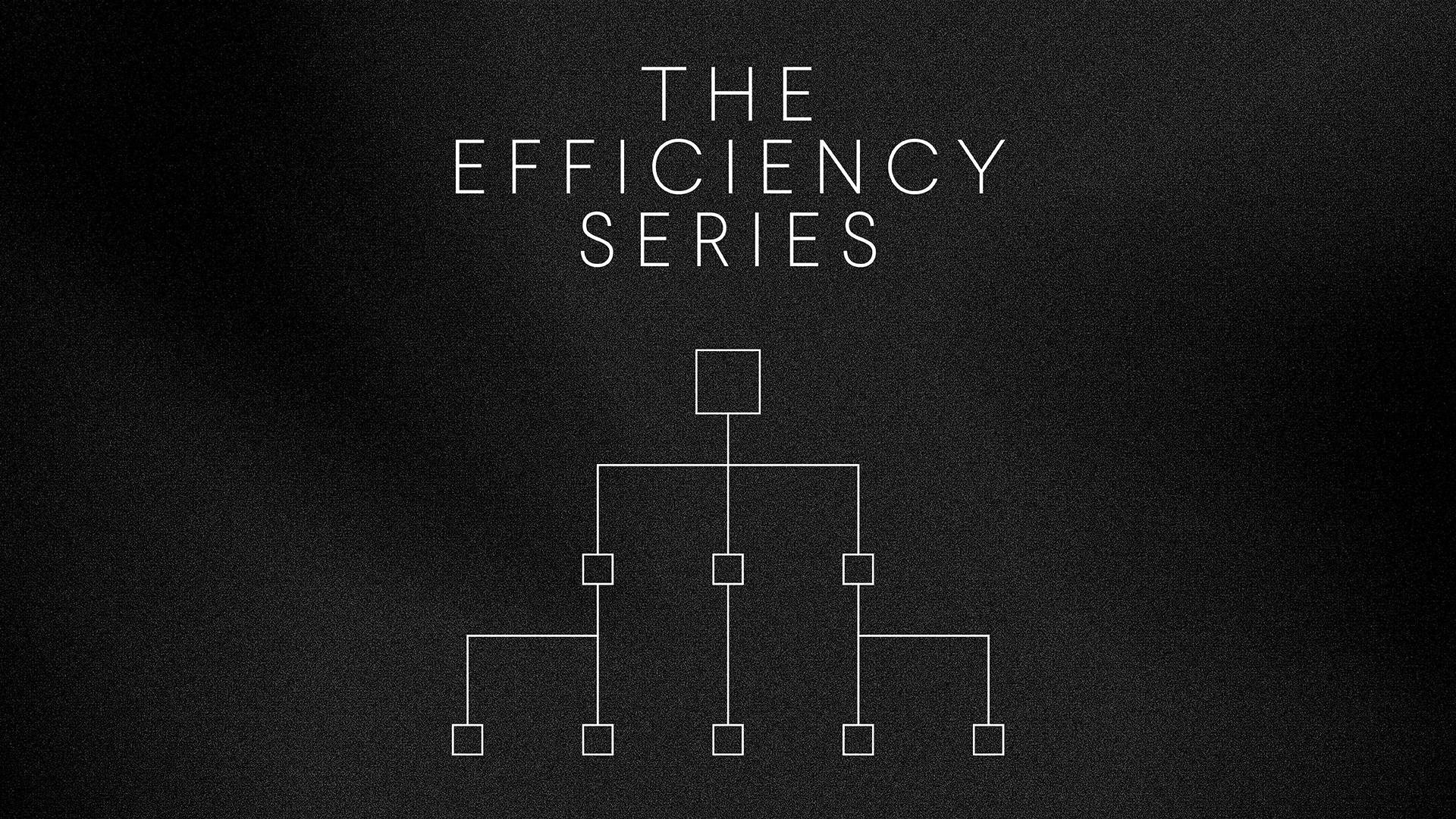When Work Ethic Turns Into Creativity
Why the best systems come from the people who understand the grind and care enough to improve it


For as long as I can remember, my drive and work ethic have been instilled in me by my mother.
Growing up in a single-parent household, my siblings and I saw firsthand the kind of commitment it takes to keep a family moving forward. My mom worked full-time as a CNA at a local healthcare company, held a second job at a department store, and somehow managed to squeeze in night classes too. Where she found the time, or energy, to do all that on top of raising kids (and I was probably the biggest thorn in her side as the youngest), I honestly don’t know.
But what she taught me, even without saying it out loud, was simple: if you want to become anything in this world, whether that’s a professional athlete, a CEO, or a union worker, the approach is the same. Outwork everyone. Put your head down and show up, over and over again. Her priority was raising respectful, grounded kids, and she did whatever it took to give us the tools to succeed.
That mindset stuck with me. My drive has never come from trying to prove people wrong; it comes from trying to live up to the belief others have in me. The first person to believe in me? You guessed it, my mother, of course. It’s funny how that kind of work ethic can quietly influence everything, even when it comes to leading teams or designing systems. At one point, I was tasked with creating a bonus structure for our Foremen and Supervisors. The challenge? I needed to tie meaningful KPIs to the bonus, specifically around our inventory variance for both raw materials and finished goods.
At the time, we didn’t have a dedicated Inventory Coordinator. Our Warranty Coordinator was filling the gap whenever he had a free moment, which, understandably, wasn’t often. So, we got creative. We broke down each commodity into categories based on movement volume and created a cycle count schedule. Each Foreman and The supervisor was assigned to a day, a category, and a clear ownership role.

Once the materials were counted, we’d dig into the ERP to understand any discrepancies and then recount (if needed) before making final adjustments. Over time, the team took full ownership of their sections. They coached each other, educated associates, and held the line on why accuracy mattered. People weren’t annoyed by the new process; they bought in because they understood the why.
To increase buy-in across the board, I tied the bonus structure directly to our overall inventory variance goal, not just by category. If we hit the target as a team, bonuses were paid out on a weekly basis. That one change encouraged everyone to rally together, helping each other get counts done, double-checking variances, and making sure no one fell short. It wasn’t just about accountability anymore; it became about collaboration.
That’s something I learned early; creativity doesn’t just live in marketing or design. It shows up in operations too, in the systems we build, in how we stretch limited budgets, and in the way we solve people-problems with people-centered solutions.
That’s the whole point of Pensefox. We bring creative thinking to the operational side of the business, using what’s already there to build smarter, more human-first systems. It’s not about tearing it all down and starting over; it’s about building better ways to work, for the people who do the work.

.png)





